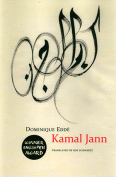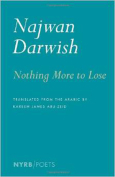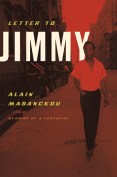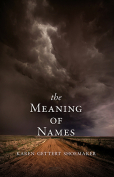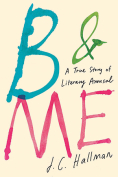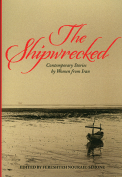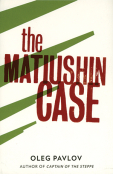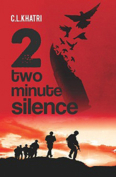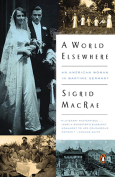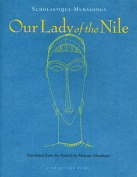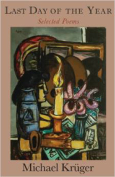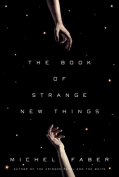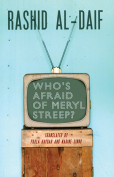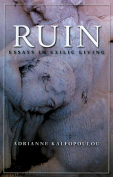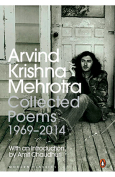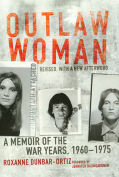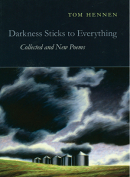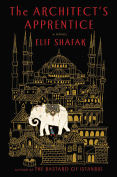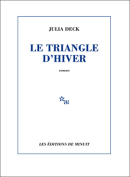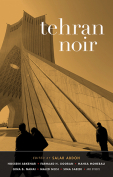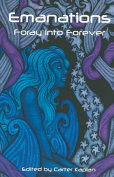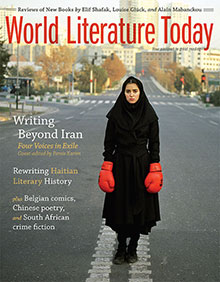Who’s Afraid of Meryl Streep? by Rashid al-Daif
Paula Haydar & Nadine Sinno, tr. Austin. University of Texas Press. 2014. ISBN 9780292763074
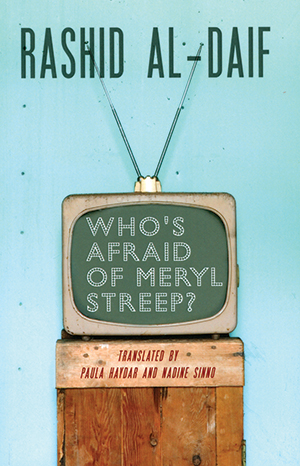 Who’s Afraid of Meryl Streep? (aptly reminding us of Edward Albee’s Who’s Afraid of Virginia Woolf?) was first published in Beirut in 2001. Lebanese author Rashid al-Daif, known for his enigmatic idiomatic titles, has written three volumes of poetry and more than a dozen novels, many addressing the conflicts and challenges inherent in rapidly modernizing societies. Who’s Afraid of Meryl Streep? is the culmination of this theme, in which satellite television, by which “the viewer would be transported from the Middle Ages to ages that have not even occurred yet and from places of worship to bars and nightclubs,” is a curse in disguise.
Who’s Afraid of Meryl Streep? (aptly reminding us of Edward Albee’s Who’s Afraid of Virginia Woolf?) was first published in Beirut in 2001. Lebanese author Rashid al-Daif, known for his enigmatic idiomatic titles, has written three volumes of poetry and more than a dozen novels, many addressing the conflicts and challenges inherent in rapidly modernizing societies. Who’s Afraid of Meryl Streep? is the culmination of this theme, in which satellite television, by which “the viewer would be transported from the Middle Ages to ages that have not even occurred yet and from places of worship to bars and nightclubs,” is a curse in disguise.
This novella is unreliably narrated by newlywed Rashoud. His nameless wife has left him following an incident involving the seamstress, and he turns to the newly acquired satellite TV for distraction. He is entranced by Meryl Streep when he encounters Kramer vs. Kramer while channel-surfing. Speaking no English, Rashoud doesn’t understand the plot and projects his sentimental idealizations onto the actress. As the premise becomes clear, he is increasingly horrified and compares his wife to the wife in the movie.
Rashoud’s case against his wife centers on the bedroom: she’s not interested in sex with him. Al-Daif has stated that “the bed is the place where the modern West and the ‘traditional’ East confront each other, often violently.” Accordingly, there are graphic, though not gratuitous, examples of his claim. In the West we would call this rape; Rashoud refers to his tactics as “trickery most of the time and sometimes by force.”
Rashoud employs the strategy of the braggart and bully: disingenuousness and victim-blaming. The source of Rashoud’s outrage and anxiety is more complicated than he admits. He’s terrified of changes in technology, politics, morality, culture, job markets, and the “New World Order” of globalization. Typical in times of upheaval, he proves his relevance and virility by controlling women, attempting to overcome his powerlessness and insecurity by demanding that his wife adhere to his opinions of how she should behave, what she should believe and aspire to. In one instant, he believes himself to be magnanimous, a teacher whose mission is to “gently let her discover her mistakes.” In the next, he has “rights,” after all, and must assert himself.
By the end of this book—which isn’t an ending, merely a cessation of writing—I had no empathy left for Rashoud. His laments and paranoia are repetitive and tedious. As he suspects that his wife has more knowledge and experience of certain activities than she should, Rashoud becomes obsessed with questions of virginity and intention, going so far as to ask himself if “she got married just so she could get divorced and free herself from the chains put on her as a single woman.” Frankly, I hope she did.
Michelle Lancaster
Colorado City, Texas


